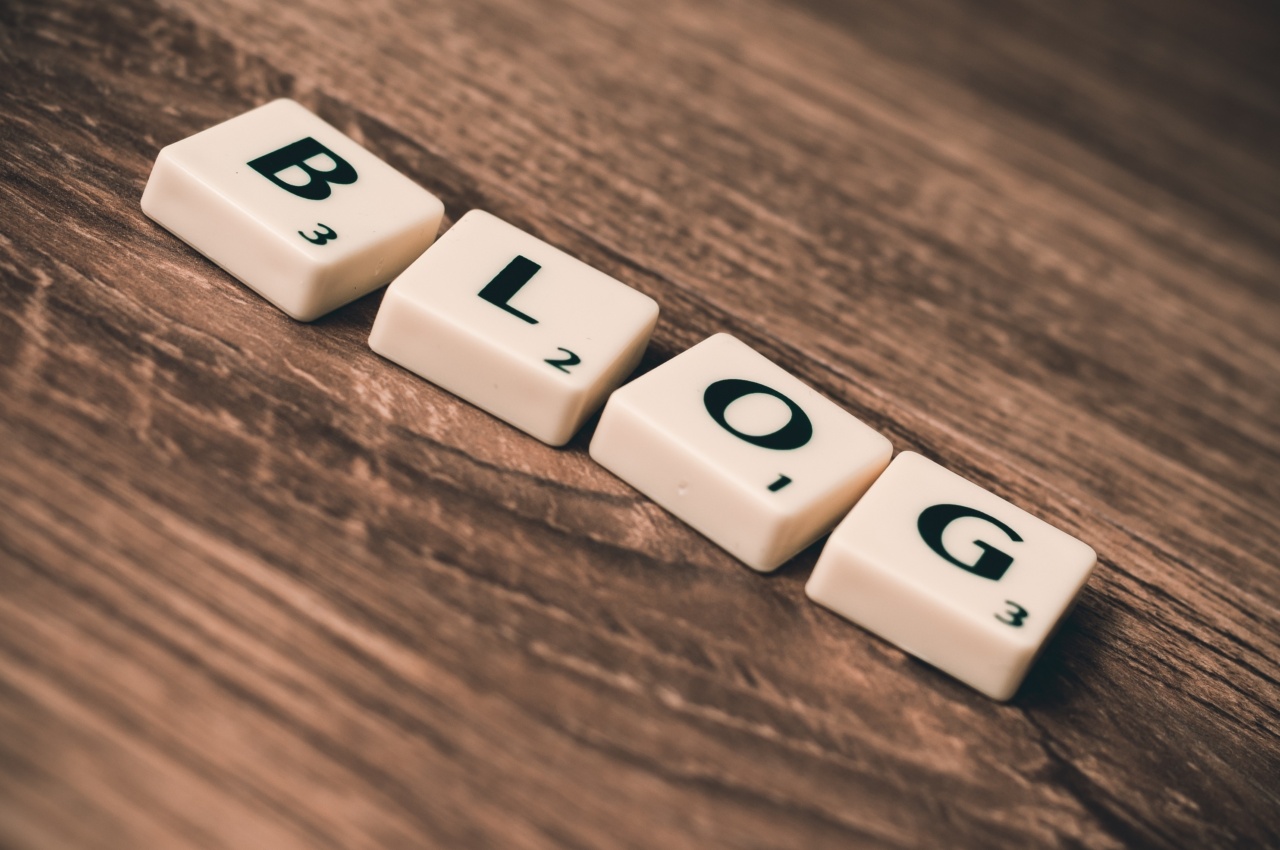Social media is a common part of our daily lives. We use it for communication, entertainment, and even business. However, research has found that social media can trigger depression in some individuals.
In this article, we will explore the effects of social media on our mental health and why it can lead to depression.
How social media affects mental health
Social media platforms such as Facebook, Twitter and Instagram, can undoubtedly impact our mental state in both positive and negative ways.
It creates a sense of connection and belonging to a broader network, but at the same time, it can also cause some to feel isolated or disconnected. The psychological effects of social media can vary depending on how it is being used and the individual using it.
Comparison and self-esteem
Social media often features a highlight reel of people’s lives in the form of photos, statuses, and posts. This can be challenging for people who may compare their lives to others, which can often lead to negative feelings about themselves.
Social media can create an illusion of perfection and can cause individuals to feel inadequate and inferior. This feeling can lead to a decrease in self-esteem and confidence, ultimately leading to depression.
Bullying and negative comments
Sadly, social media also has a downside of bullying and negative comments. People often hide behind the anonymity of the internet and can say hurtful things that they would not ordinarily say in person.
The rise of cyberbullying has led to an increase in depression, anxiety, and suicide rates of the people affected. This form of bullying can have long-lasting effects on the victim’s mental health and can create a sense of isolation.
Obsession and addiction
Social media can be addictive, and many people find themselves spending hours scrolling through social media sites every day. This addiction can cause people to neglect important parts of their lives, such as their relationships, studies or work.
Obsession with social media can create an escape from real-life problems, resulting in avoiding or overlooking them, leading to depression.
Sleep disturbances
Stimulation of social media can often lead to difficulty sleeping, as those using it in the evening-hours become more awake.
Studies have shown that smartphones emit blue light, which suppresses the body’s production of melatonin, the hormone responsible for regulating sleep. Poor sleep patterns caused by social media-induced stimulation can lead to depression.
Inability to Disengage
Social media use has become so integrated into daily life that it has become challenging to disconnect.
The constant triggers for fear of missing out (FOMO) and dopamine-boosting notifications encourage us to pick up our devices to check and stay connected. This inability to disengage can result in a mental rollercoaster commonly associated with bipolar: jumping from feelings of anxiety, depression, and elation. These extreme mood swings could lead to poor mental health.
Cyber-body shaming
A recent phenomenon made more accessible through social media has become cyber-body shaming. It refers to creating stigmatizing comments and labeling individuals based on their appearance through online platforms.
This outcome is not only prevalent among celebrities, but even commonly occurs in the case of ordinary individuals. Such treatment can make people feel shameful about themselves and lead to mental health issues such as anxiety and depression.
The Efforts to Conquer the Social Media-Induced Depression
The rise of mental health issues caused due to social media has been alarming. Therefore, multiple efforts have been initiated to reduce this number of people, such as:.
- Self-monitoring of social media use time to avoid overuse.
- Setting a time slot for checking notifications and newsfeed regularly.
- Employing third-party apps to disable phone notifications.
- Introducing social media holiday or challenge avoiding social media for consecutive days
- Reporting or blocking the bully and their comments.
- Engagement in other activities rather than scrolling down newsfeeds.
- Sharing with the therapist or counselor for personalized help to deal with the problem.
Conclusion
The evidence is mounting to suggest that social media can be detrimental to our mental health, which can ultimately lead to depression.
To avoid feeling the negative effects of social media, it is essential to monitor its use, disengage, and discontinue the activity whenever it is necessary. If you or someone you know is struggling with depression, it’s important to seek help from a mental health profession such as a therapist or counselor as soon as possible.






























